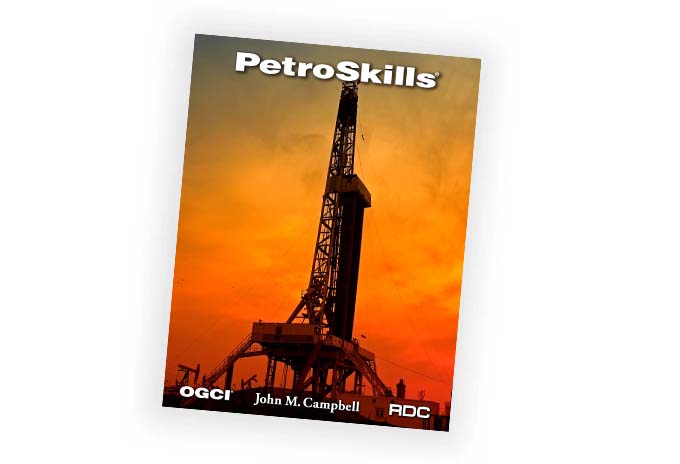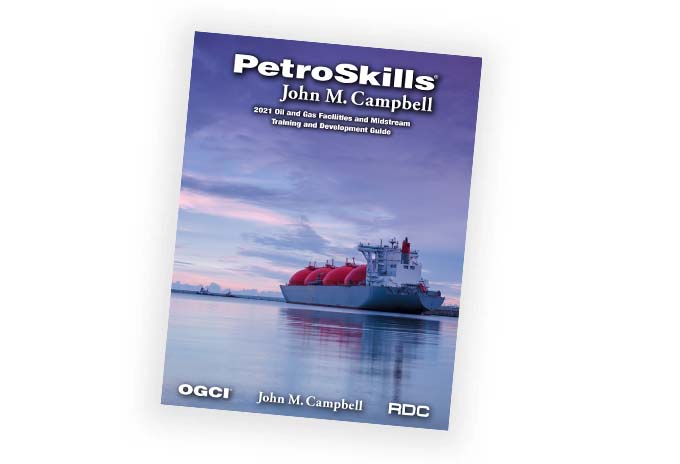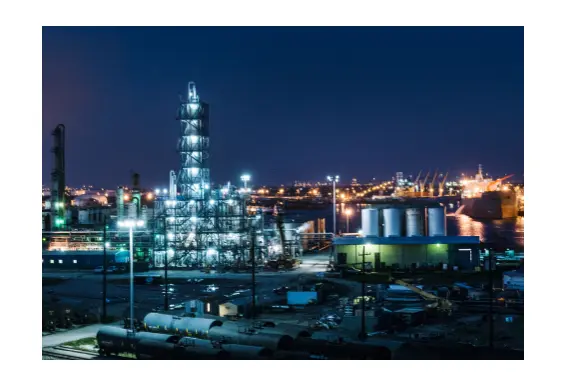Development Geology - DG
About the Course
Successful field appraisal, development, and management requires a fundamental understanding of the reservoir pore space distribution. Participants learn, through hands-on exercises, to compile a development plan that emphasizes optimal recovery. Emphasis is placed on rock, log and test data to distinguish reservoir and non-reservoir rock properties. Structural, stratigraphic, deposition and diagenetic concepts are used to locate drill sites and describe reservoirs. The input required to construct a geologic reservoir model is reviewed. Participants learn the importance of modifying development plans as a field becomes more mature. Techniques for mature field rejuvenation are discussed through case histories.
"Course is very good, no improvement required. All topics are well covered." - Geophysicist, Oman
"I appreciated the flexibility of the course/professor to meet the needs of the class and address our specific fields/projects." - Reservoir Engineer, United States
Target Audience
Reservoir, development, and exploration geologists; geophysicists; petrophysicists; log analysts; petroleum engineers; and experienced technicians.You Will Learn
Participants will learn how to:
- Select optimum drill sites for field development
- Use log and rock data to identify reservoir rock, non-reservoir rock, and pay
- Determine fluid distribution in a field and identify reservoir compartments
- Estimate field reserves through the life of a field
- Characterize carbonate and clastic rocks by productivity
- Construct geologic reservoir models
- Determine field drive mechanism
- Apply seismic analysis to reservoir development
- Determine depositional characteristics to optimize development
- Compile a development plan
- Use economic techniques to evaluate different development plans
Course Content
- Characteristics that impact field development
- Determining recoverable hydrocarbons
- Reservoir fluid properties
- Influence of capillarity reservoirs
- Volumetric reserve estimation and calculation
- Stratigraphic influence on production
- Controls on reservoir rock, barriers, and hydrocarbon distribution
- Describing reservoir rock in carbonate and clastic rocks
- Determining recoverable hydrocarbons
- The impact of drive mechanism
- Seismic applications
- Development drilling: optimizing hydrocarbon recovery
- Economic impact on field development
- Subdividing the reservoir into working units
- Reservoir pore space configurations
- Building a static reservoir model using deterministic and stochastic techniques
- Key factors affecting the development of fractured reservoirs
- Impact on barriers on field development
- Secondary and tertiary field development
- Rejuvenating old marginal fields
Product Details
Categories:
UpstreamDisciplines:
GeologyLevels:
IntermediateProduct Type:
CourseFormats Available:
In-ClassroomAdditional
Request a Public Session
If you are interested in a public session of this course, please click the button below to request it.
Request Public SessionIn-House Training
This course is also available upon request as a private, on-site seminar. Contact us for details and pricing.
Request In-House TrainingNeed Help
Contact us if you have additional questions about how to register for or attend this course.
Contact Us



